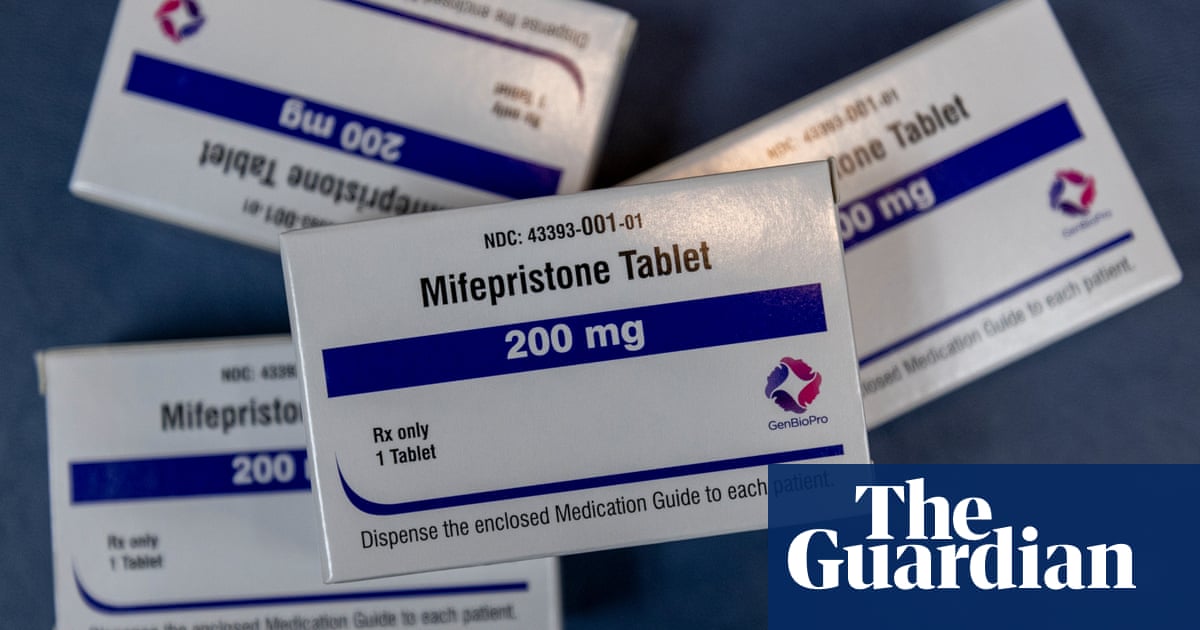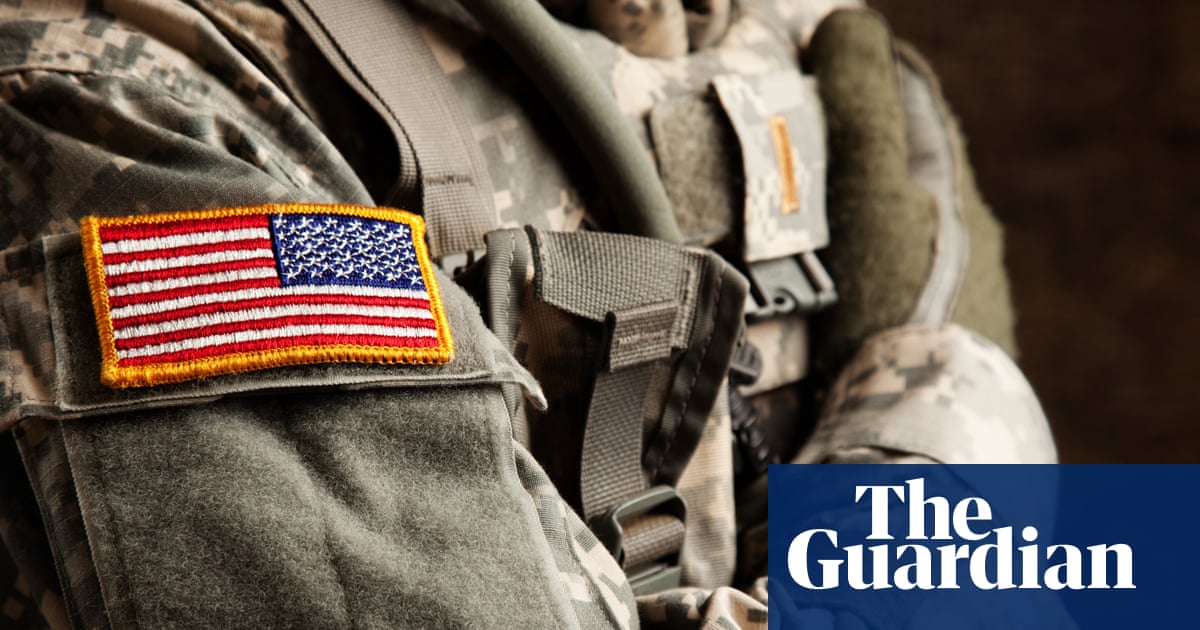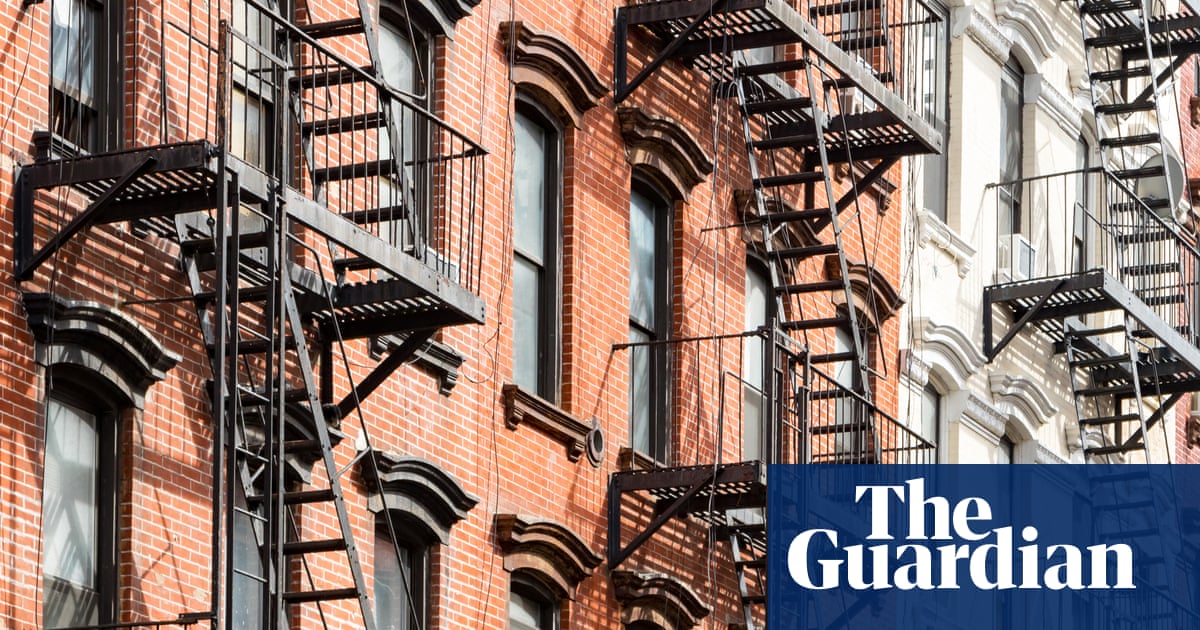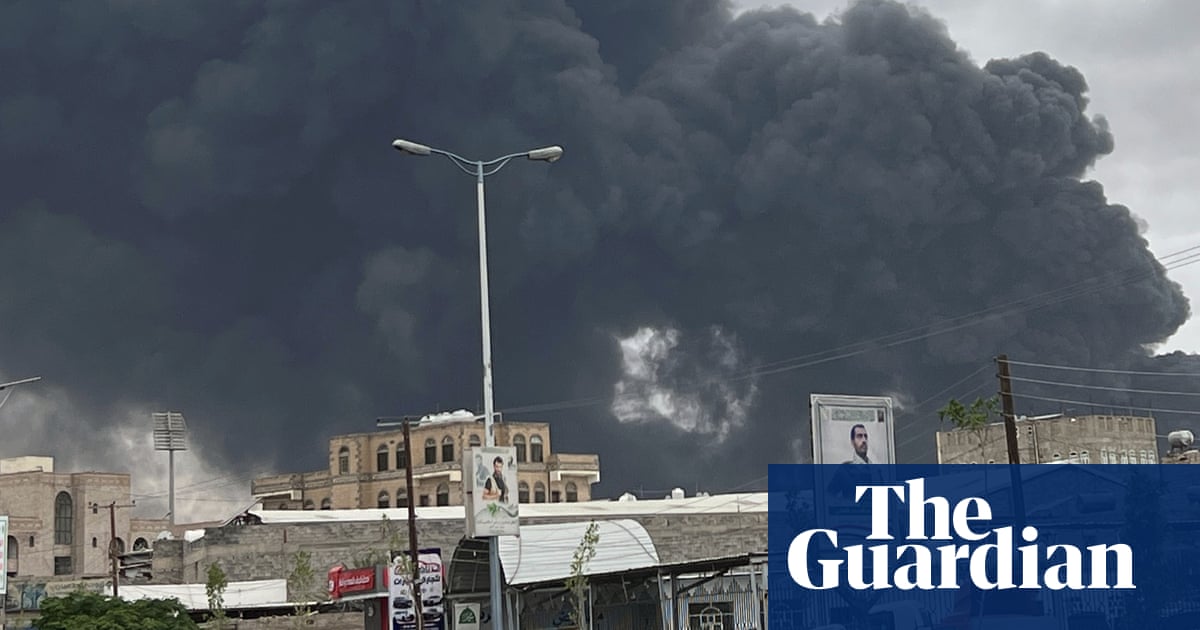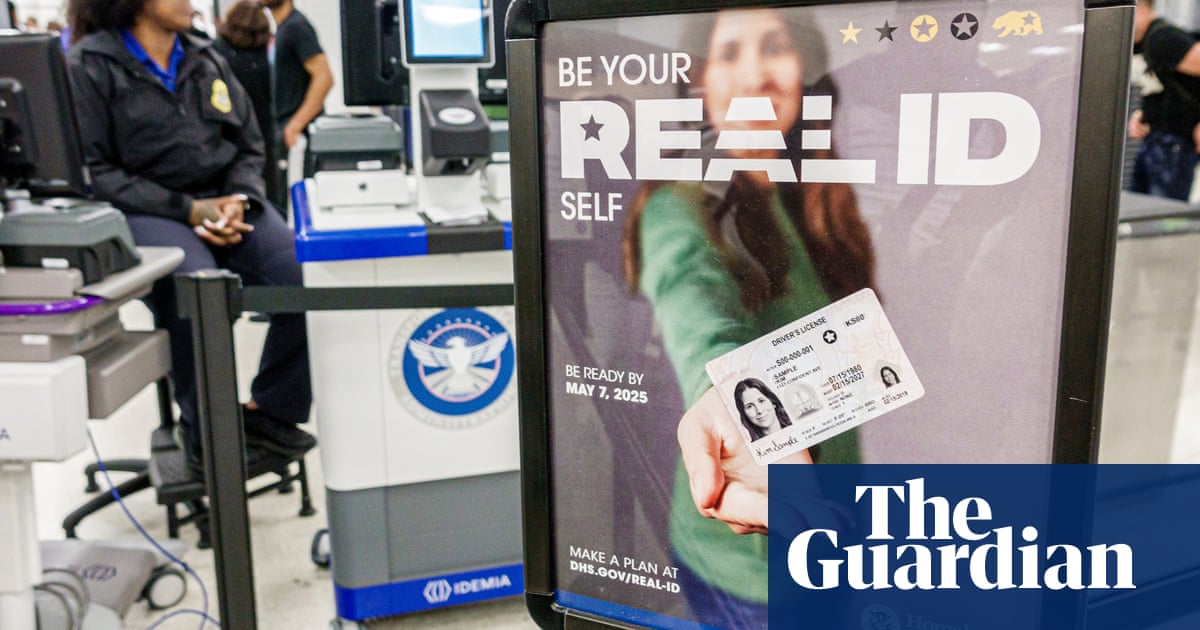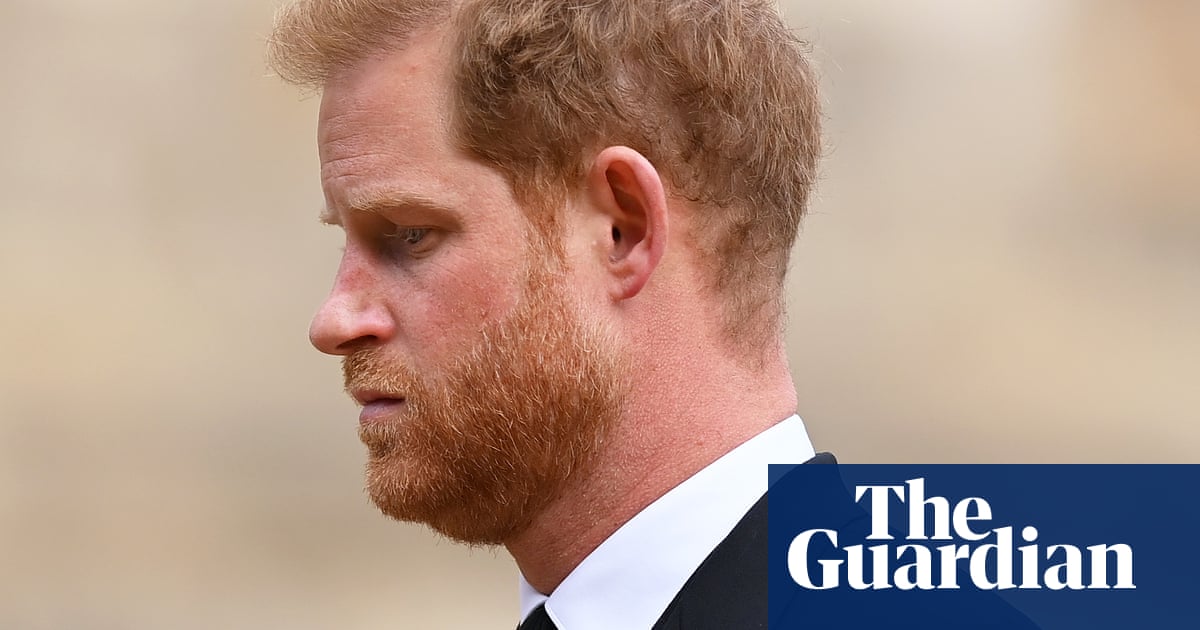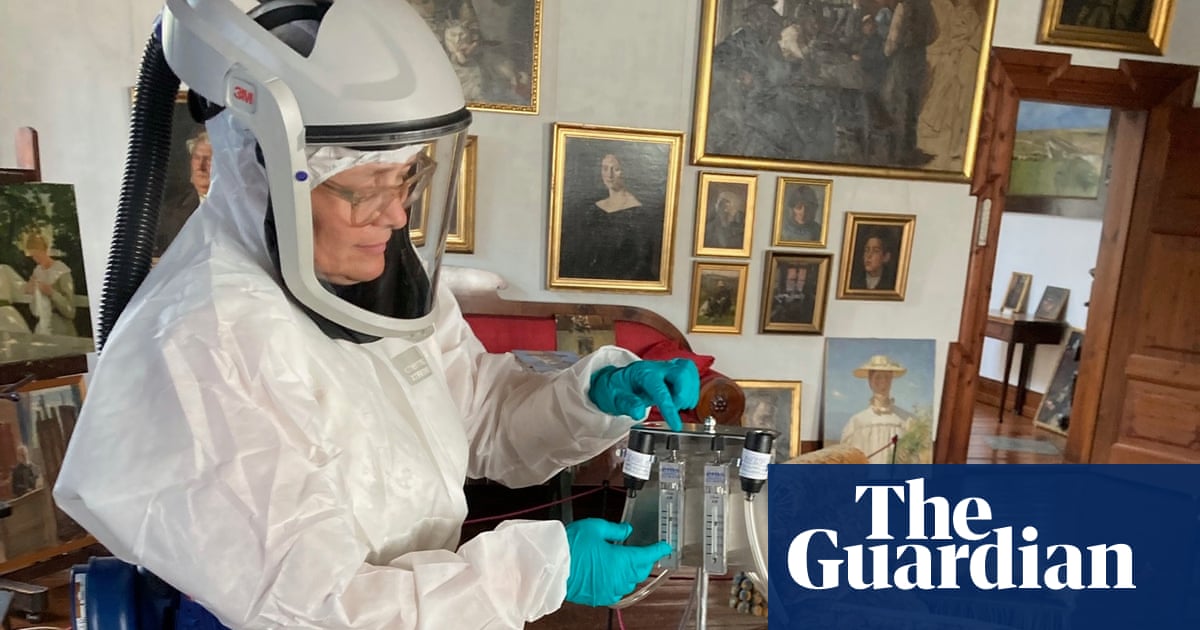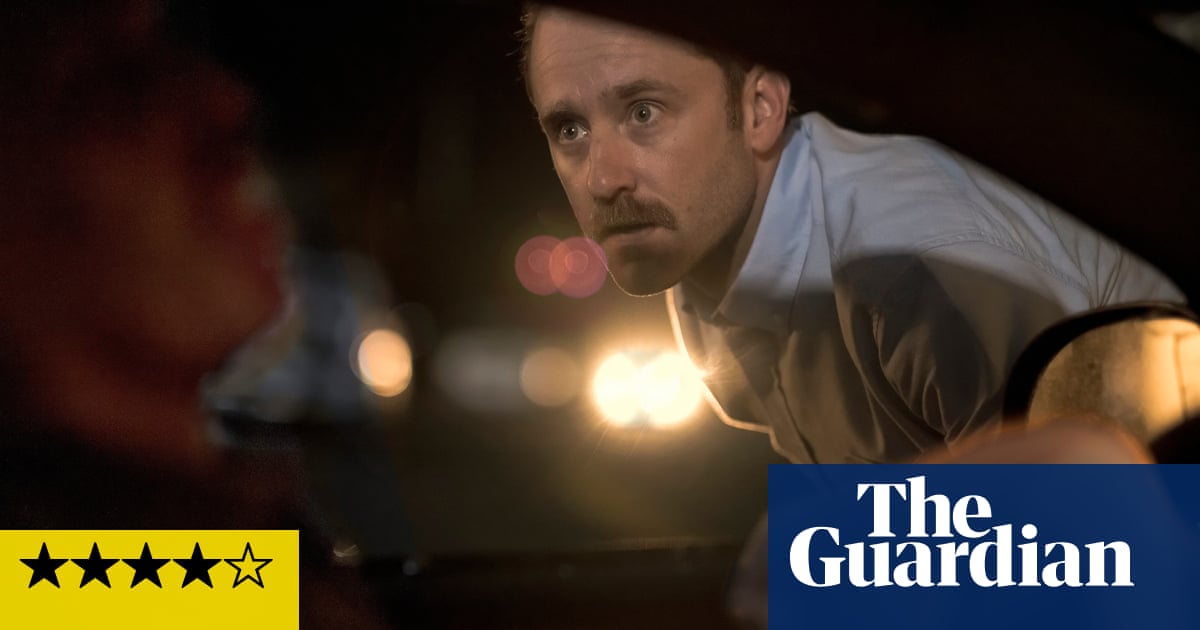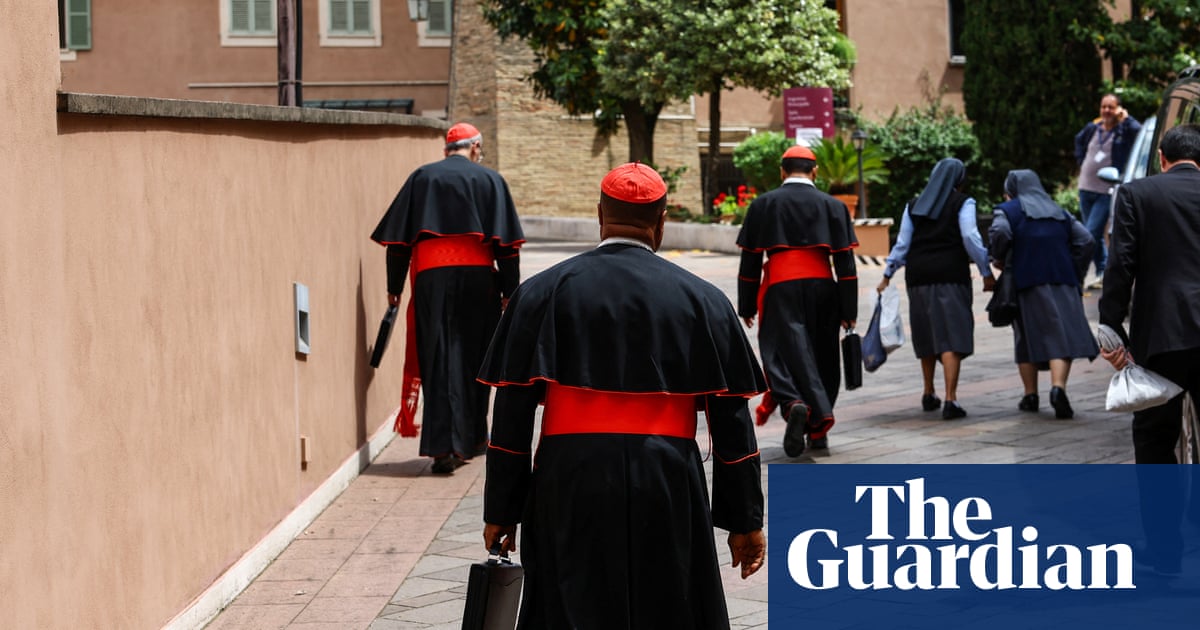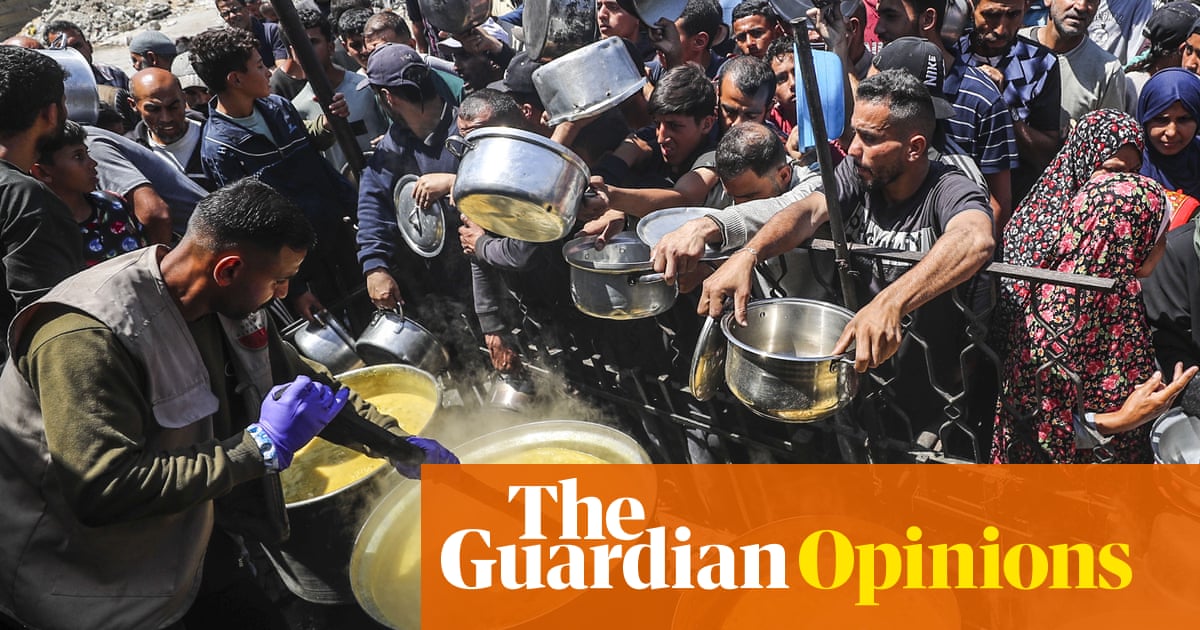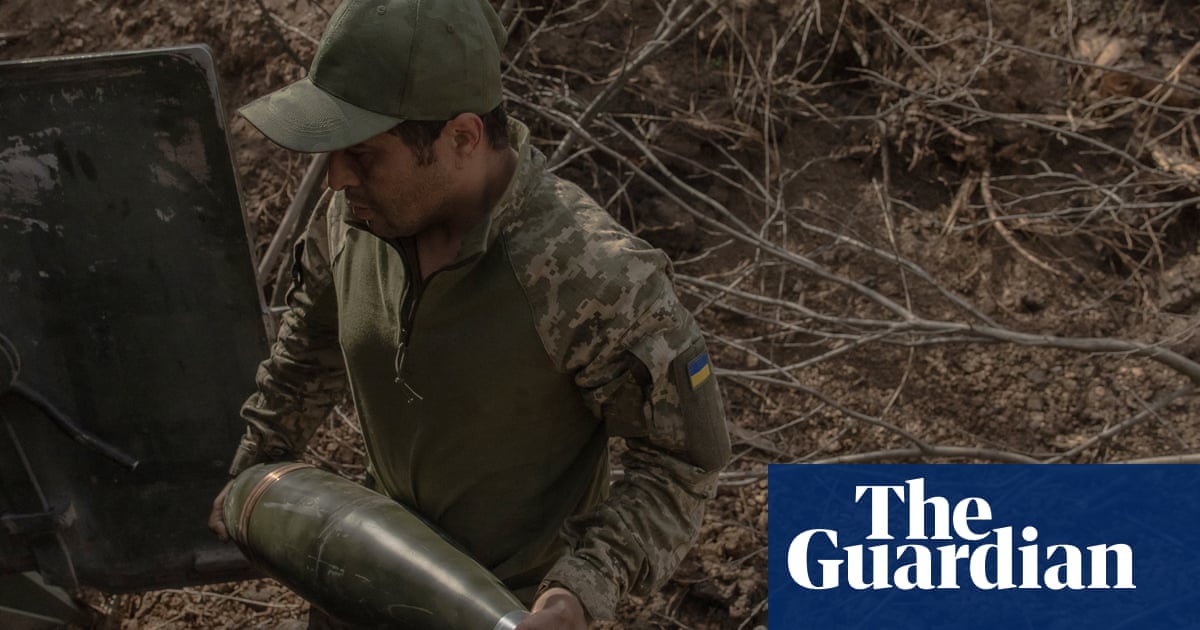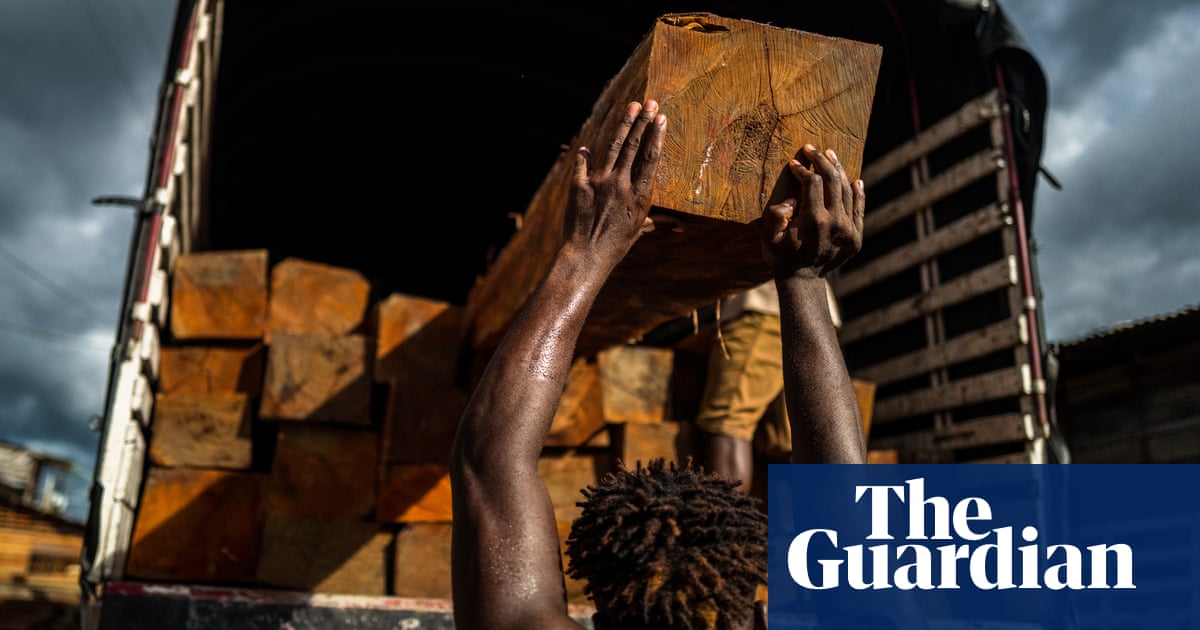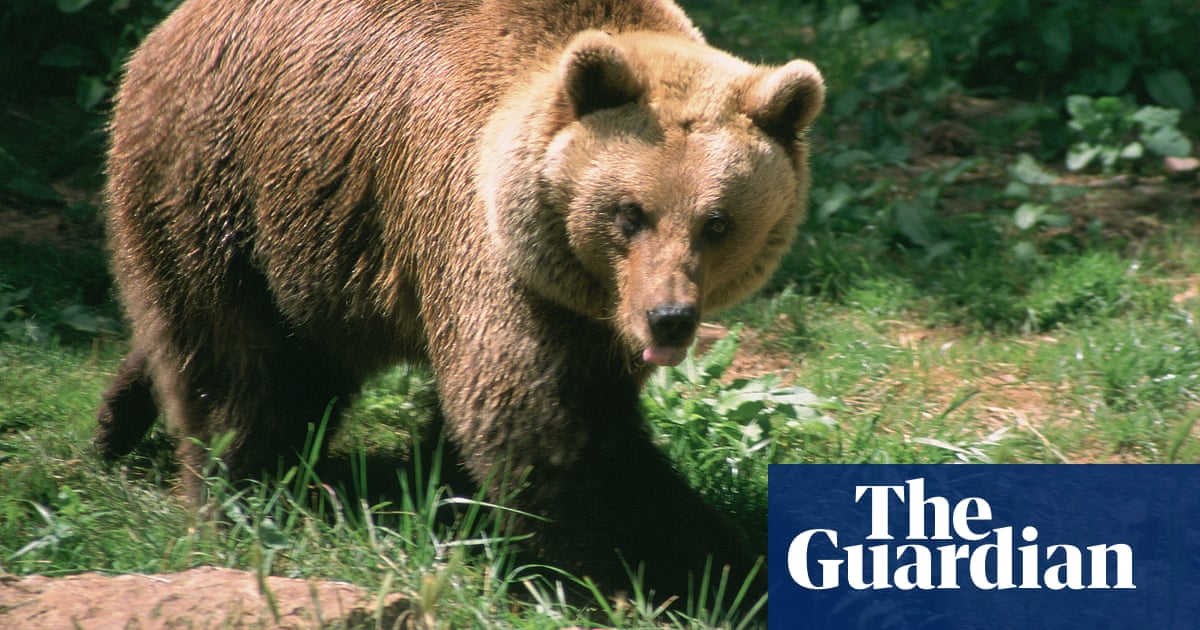Evidence of the extent of the world’s plastic litter problem is washing up on Guernsey’s beaches with every tide.
But it does not go unnoticed. It is being removed and catalogued. A group of Guernsey beachcombers, united under the Facebook group Found on the Beach in Guernsey, “womble” across the island’s bays on a daily basis and share their evidence with the marine biologist Richard Lord.
He cleans, reinflates and collects plastic water bottles, along with other kinds of waste, in his garden shed at his St Peter Port home, less than half a mile from the sea.
He has hundreds of different ones from all over the world. And the collection is now informing international discussions about plastic waste, with his work being referenced by the International Maritime Organization (IMO) as it seeks ways to deal with the problem.
Lord first noticed the extent of plastic waste washing up in Guernsey in 2008: “I was a volunteer, helping in a missing person search. I walked around Guernsey’s entire north coast with a police officer and there was one tiny bay that was plastered with litter. I went back and began clearing it. It took ages.”
His hobby, and arguably mission, has continued and in 2024 his marine shipping litter project won second place in a Guernsey Conservation Awards scheme.
Lord says he has studied marine life on the Guernsey shore for well over a decade. Now, that is evolving: “I am studying plastic bottles and am developing a knowledge of plastic packaging brands.

“There’s a bit of taxonomy, too, which is based on my marine biology experience of not only loving marine species but photographing them, to understand the diversity and how they are related. Now, I am using the same knowledge and skills to focus on plastic ‘taxonomy’ and plastics plaguing the oceans of the world.”
He is indebted to a small group of Guernsey beachcombers and says that collecting finds for his catalogue and database of plastic waste is a team effort: “I’ve been helped by lots of people, who are incredibly generous. When they find a foreign water bottle, they call or message me and ask: ‘Do you want it?’ And I say: ‘Yes please.’”
The collection of plastic water bottles is colourful and, to a certain extent, exotic. But it gives an insight into the size of the planet’s plastic pollution problem.
Lord is certain these bottles were thrown overboard by crews of merchant vessels using the shipping lanes of the Channel. The tides and winds wash them on to Guernsey’s shores.
“As they approach a port, they are getting rid of their surplus rubbish. Not all of them, maybe only a small percentage, but the fact we’re getting litter from Latin America, North America, Asia, India, the Middle East, and Mediterranean countries, like Turkey and Greece, indicates to me that’s it’s not just a few ships doing it.”
Data from the collection was used by a delegate who wrote a paper that was discussed by the IMO at a meeting in London in late January.
The marine pollution convention prohibits litter, particularly plastic litter, from being disposed of at sea. For large ships over 400 tonnes, the ban has been in place since 1988.
Despite this, Lord says the plastic waste problem is growing annually: “An association of shipowners called BIMCO [the Baltic and International Maritime Council] estimate conservatively that at least a billion plastic bottles are being used on merchant ships every year.
“Even if a small percentage of those 1bn bottles are thrown overboard, that still represents a considerable source of plastic litter.”
As for the dedicated volunteers, Lord says their work continues.
“By collecting, we’re trying to put ourselves out of business. But I personally become disheartened when I see images of plastic devastation globally. All this human effort that goes into production and distribution, ending up as waste on our beaches.”

 2 months ago
44
2 months ago
44
